EU divisions grow as Hungary PM opposes ban on Russian oil
Hungarian Prime Minister Viktor Orban has ruled out discussing the European Union’s proposed oil ban on Russia at next week’s summit of the bloc’s leaders, in a stance that could derail the EU's bid to win approval for the sanctions package.
In a letter to the head of the European Council, Charles Michel on Tuesday, Orban said his country is unlikely to drop its opposition to the EU's new sanctions package, which includes an embargo on oil imports, until all outstanding issues are resolved.
The EU needs unanimous agreement from its 27 members to push through each set of sanctions.
“Looking at the gravity of the issues still open, it is very unlikely that a comprehensive solution could be found before the special meeting of the European Council on 30-31 May,” Orban wrote.
“I am convinced that discussing the sanctions package at the level of leaders in the absence of a consensus would be counterproductive,” he said, adding that it would only highlight the internal divisions without offering a realistic chance of resolving them.
Orban also warned that the EU proposed sanctions package would cause “serious supply problems” in Hungary and undermine its energy security interests, delivering a “price shock” to the country’s households and economy.
He went on to say that the current proposal failed to address Hungary’s concerns because there “are no [funding] envelopes for the most concerned landlocked member states,” stressing that he remains open to discussions on the ban “with a pragmatic and result-oriented approach.”
Meanwhile, Orban has imposed a new state of emergency in the country, citing the challenges posed by the ongoing war in neighboring Ukraine. Hungary is already under a state of emergency, linked to the COVID pandemic, which was due to expire next Tuesday.
The European Commission proposed a ban on crude imports from Russia in early May as part of a raft of new sanctions to punish Moscow over the military campaign in Ukraine.
The EU, however, has so far failed to reach an agreement on the proposal, as Hungary continues to stand firm against the proposal.
Hungary has argued the ban, which could last for years, would “completely destroy” its energy supply security.
In an attempt to resolve the standoff, the EU has offered Hungary and Slovakia until the end of 2024 to comply with the phase-out, and the Czech Republic until June of the same year.
Orban has already said that Hungary would need five years and make huge investments in its refineries and pipelines to be able to transform its current system which relies about 65 percent on Russian oil.
Budapest has indicated that at least 770 million euros ($810 million) would be needed to revamp its oil industry, plus an unspecified amount of additional funds to adapt to potential gas price spikes.
The latest development comes as European Commission chief Ursula von der Leyen has expressed hoped to secure the oil embargo within “days”.
“What we are looking at is one or two member states that are landlocked, so cannot have oil via the sea and need alternatives in pipelines and in refineries, and there we are trying to find solutions,” she said.
Talks between the commission and Hungary are ongoing and could still lead to a breakthrough before leaders meet for a two-day summit in Brussels next week.
Germany Economy Minister Robert Habeck has said in an interview with Bloomberg Television’s Francine Lacqua that the problems Hungary and some other countries are still raising are solvable, adding that he hopes "to have an oil embargo within days.”
France’s new Foreign Minister Catherine Colonna has also said she is optimistic that those still opposed to an embargo on Russian oil imports could be convinced and that the bloc would reach a deal.
“We must adopt, as quickly as possible, the sixth package of sanctions that foresees the progressive end of the imports of Russian oil and to lift the remaining reticence,” Colonna said at a news conference alongside her German counterpart Annalena Baerbock in Berlin.
“We hope do it quickly and I’m optimistic,” she added.
Russia launched a military operation in Ukraine in late February. Western countries have responded by backing Ukraine with cash and increasingly heavy weaponry while imposing sanctions against Russia.
The United States and Britain have already imposed an oil embargo on Russia. The EU has banned Russian coal.
Italian farmers protest EU-Mercosur free trade deal
VIDEO | Russian FM holds annual press briefing, highlighting ‘equality-based’ diplomacy
VIDEO | Israel rejects Gaza 'technocratic body' amid continued suffering in Gaza
Iranian prodigy Benyamin Faraji wins Under-17 title in Qatar
VIDEO | Press TV's news headlines
VIDEO | Tehran residents condemn US-Israel orchestrated mosque arson, vandalism
VIDEO | South Koreans demand end to joint US military drills and provocative policy against North Korea
VIDEO | A silent grief: Palestinian man struggles to recover remains of wife, children


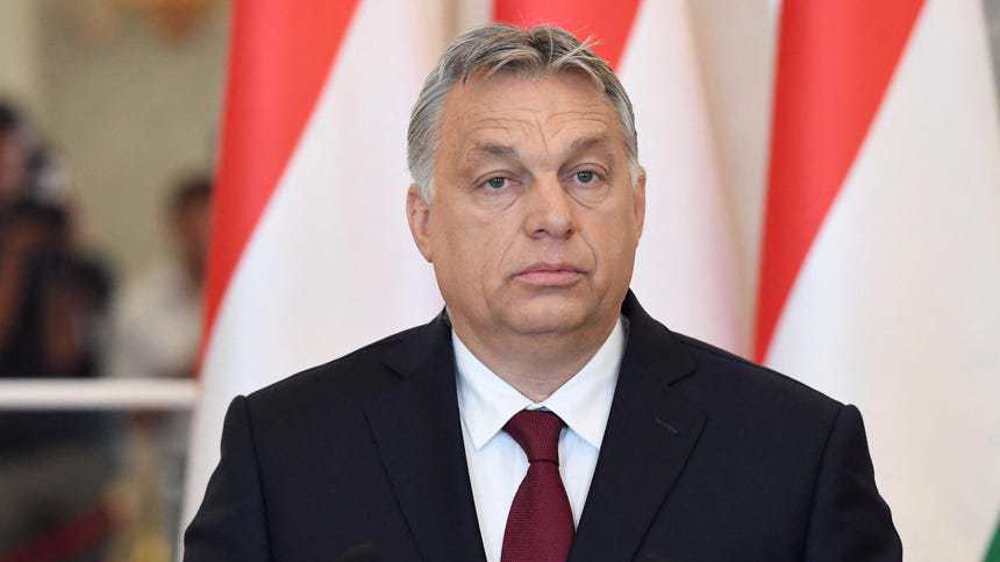
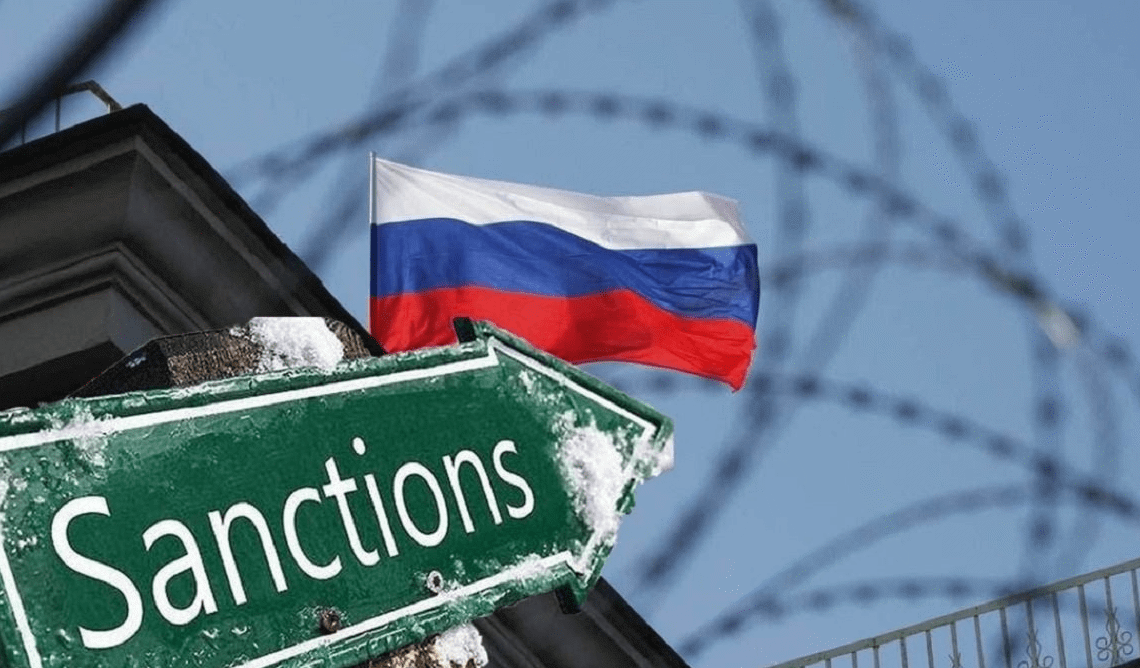
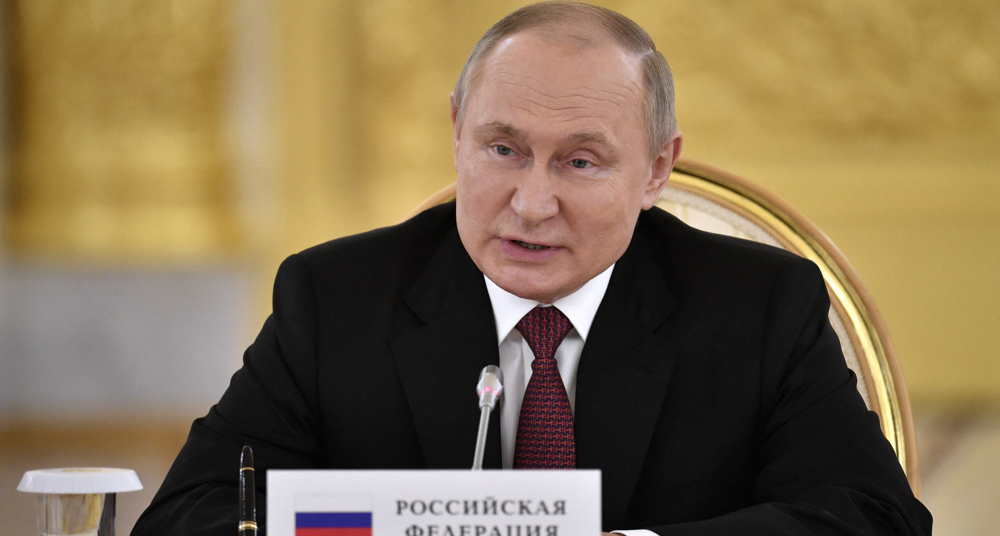
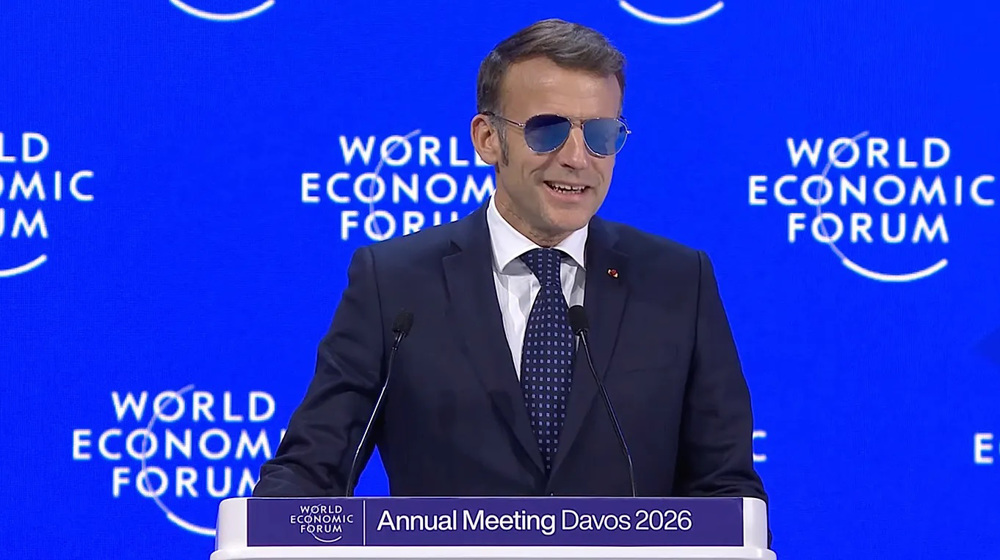
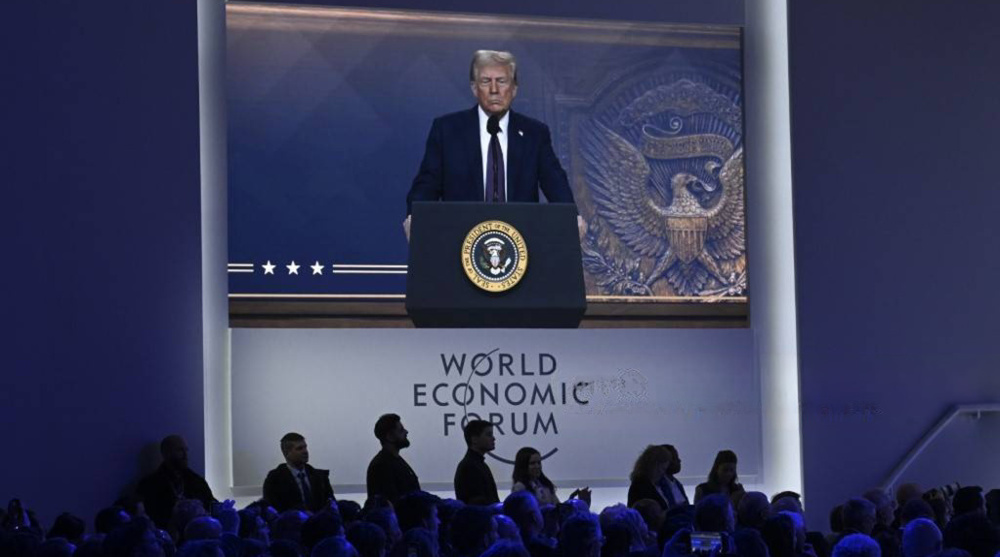
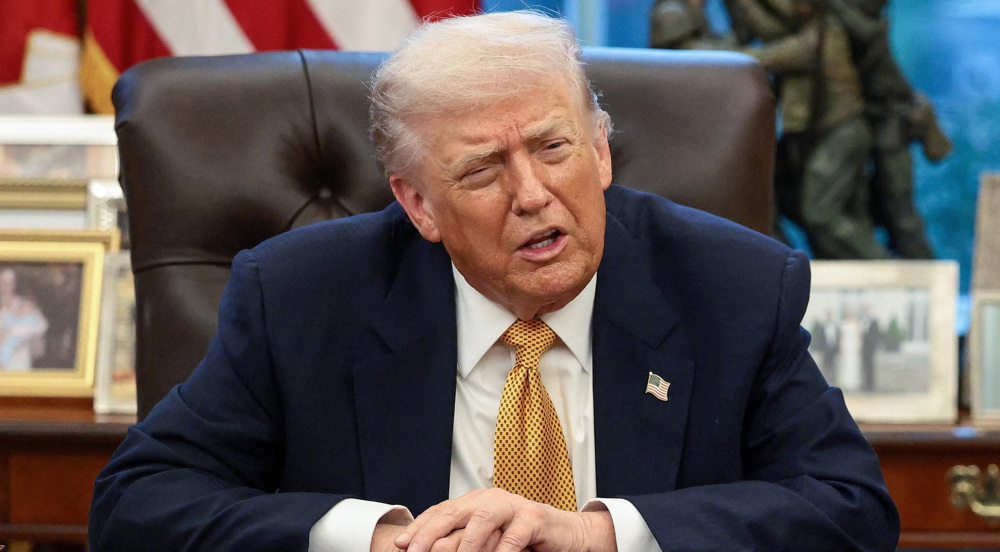



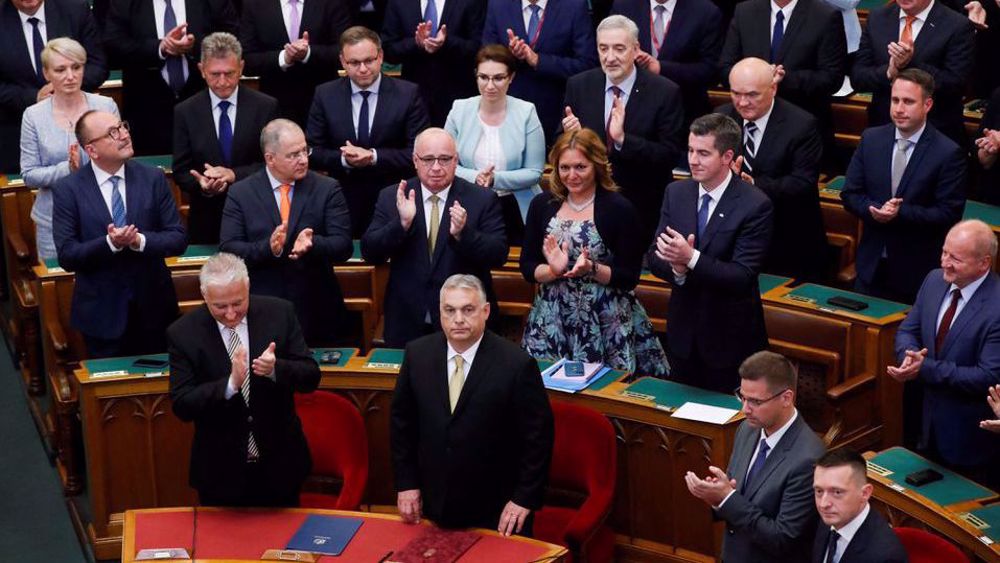
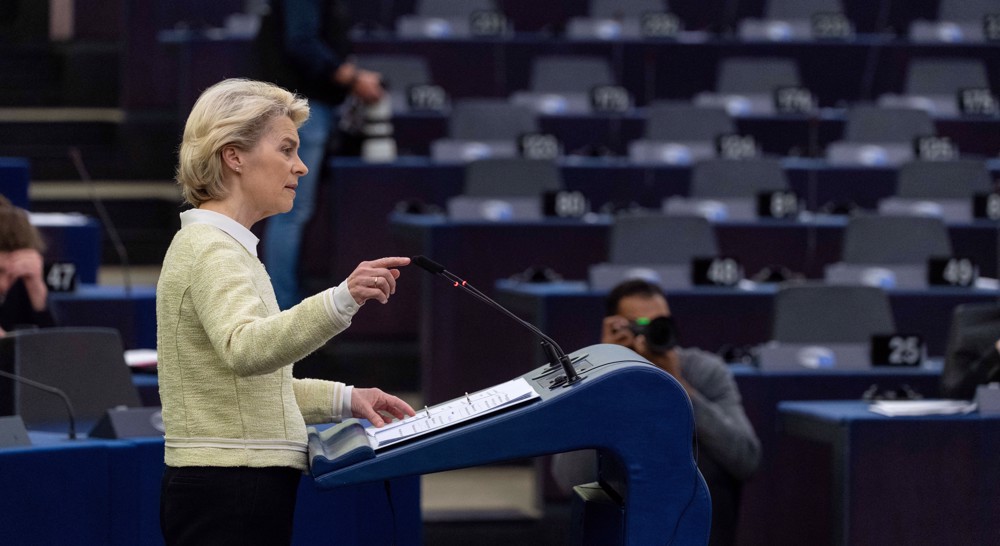

 This makes it easy to access the Press TV website
This makes it easy to access the Press TV website